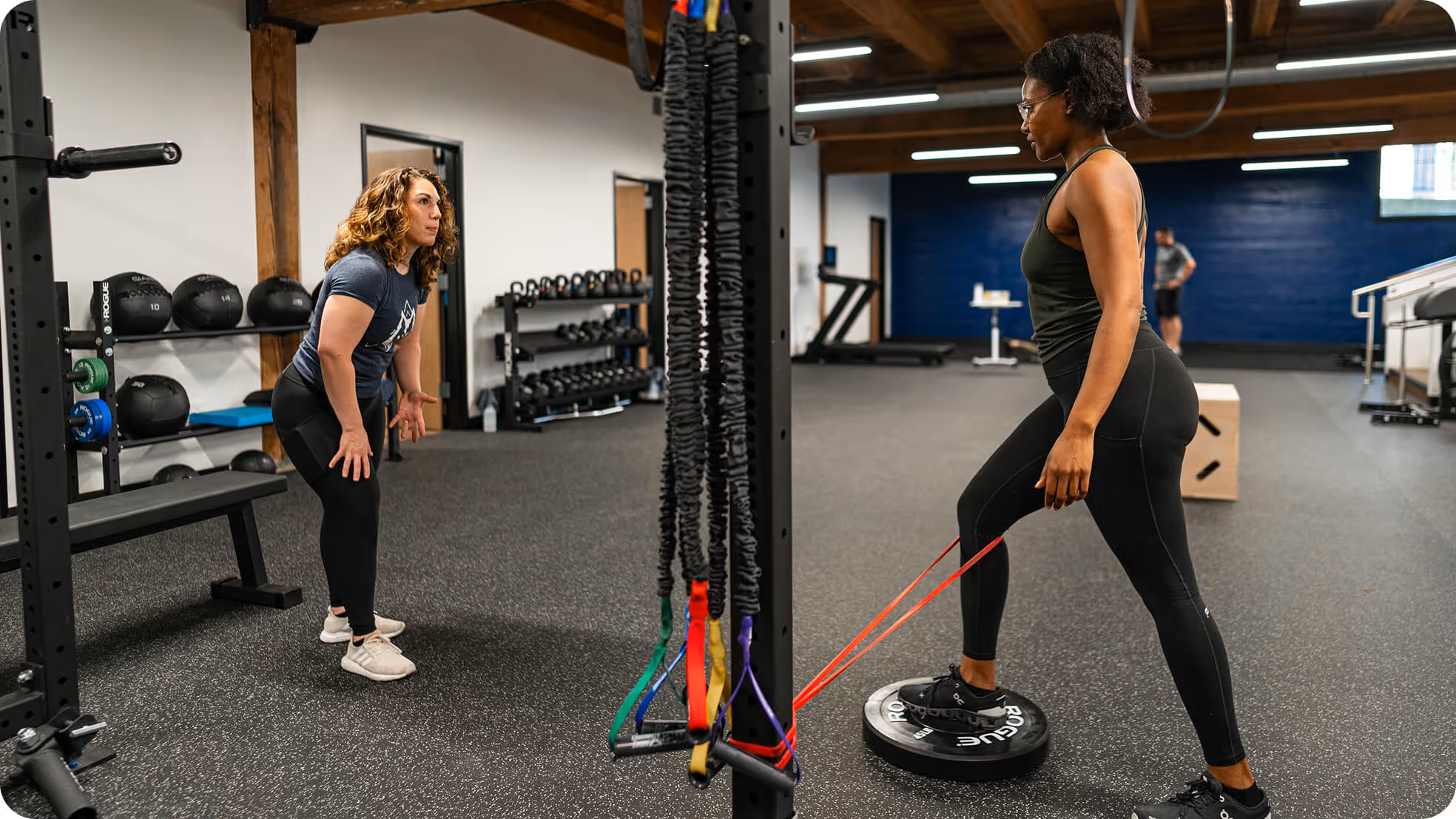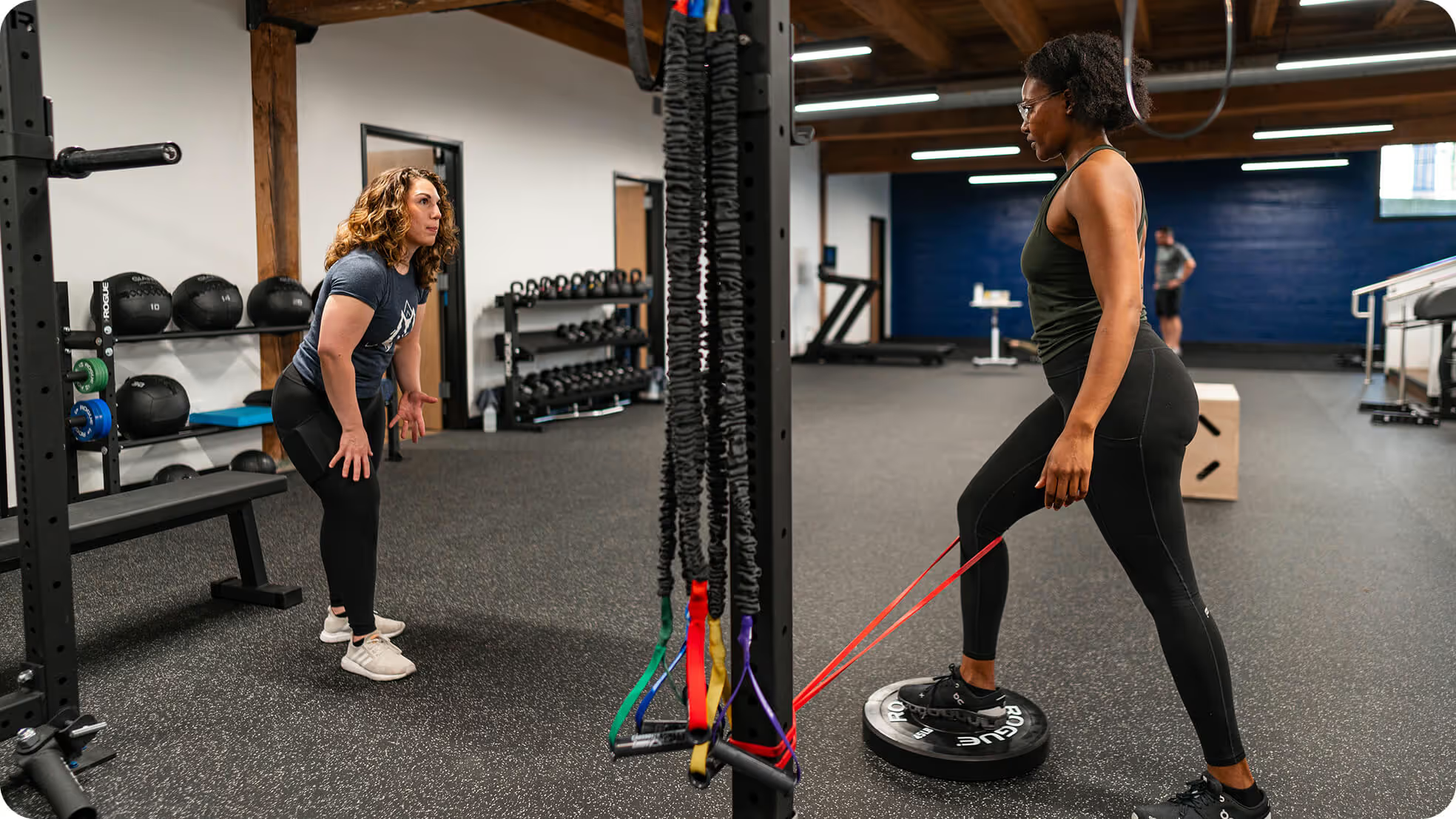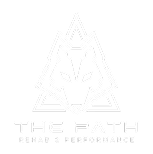Shin Splints, Plantar Fasciitis, and More: When Should You See a PT?

Every runner is familiar with the aches that come with the sport. Whether it's the sharp heel pain of plantar fasciitis on your first steps in the morning or the persistent throb of shin splints after a long run, discomfort can feel like an inevitable part of training. But how do you know when that pain is a normal sign of hard work versus a red flag signaling a potential injury?
Knowing when to seek expert help can be the difference between a minor setback and a season-ending problem. This is especially true if you're gearing up for a big race. Understanding your body's signals is the first step toward running stronger and longer.
The Difference Between Soreness and Injury
It's crucial to distinguish between the "good pain" of muscle adaptation and the "bad pain" of an injury.
Normal muscle soreness, often called Delayed Onset Muscle Soreness (DOMS), feels like a dull, generalized ache in the muscles you've worked. It typically appears 24 to 48 hours after a tough workout and resolves on its own. This is a sign your body is adapting and getting stronger.
Injury pain, however, is different. It's often sharp, localized to a specific point, and may linger for days or even weeks. It might feel worse during or after your run and doesn't improve with a day or two of rest. This is your body telling you something is wrong, and pushing through it can lead to chronic issues that derail your training.

5 Signs You Should See a Physical Therapist for Your Running Pain
If you're unsure whether your pain warrants professional attention, here are five clear signs it's time to schedule an evaluation with a running physical therapy specialist.
1. Your Pain Alters Your Running Form
Have you noticed yourself limping, shortening your stride, or favoring one leg to avoid pain? These are compensations, and while they might offer temporary relief, they disrupt your natural gait. This can overload other parts of your body, leading to new aches and injuries. A professional gait analysis can pinpoint these subtle changes and address the root cause.
2. The Pain is Sharp, Localized, or Persistent
General muscle fatigue is one thing; a sharp, stabbing pain in one specific spot is another. If you can point to the exact location of your discomfort and it doesn't improve after a few days of rest, it's a major red flag. This could indicate a specific tissue injury like tendonitis, a stress reaction, or a ligament sprain that requires a targeted treatment plan.
3. Your Pain Gets Progressively Worse
Does a minor ache at the beginning of your run escalate into significant pain by the end? Or do you feel noticeably worse the day after every run? If your pain is consistently worsening, your body isn't recovering effectively between sessions. You're likely overloading a compromised area, and continuing to do so will only make it worse.
4. You Experience Swelling, Numbness, or Tingling
These symptoms should never be ignored. Swelling is a clear sign of inflammation, while numbness or tingling can indicate nerve involvement. Pushing through these symptoms can lead to more significant damage. A prompt and accurate diagnosis is essential to ensure a safe recovery.
5. A Nagging Issue is Holding Back Your Training
If you're embarking on a new goal, like marathon training, the demands on your body are about to increase significantly. A minor, nagging issue that seems manageable on shorter runs can quickly become a debilitating injury when you start adding mileage. Addressing it proactively with running physical therapy ensures you build a strong, resilient foundation for the hard work ahead.
What to Expect From a Running Physical Therapy Evaluation
Seeing a physical therapist is about more than just treating pain; it's about understanding your body as a complete system. At The Path Rehab & Performance, we conduct a comprehensive evaluation to get to the bottom of your issue. This includes:
- A Detailed Discussion: We'll talk about your running history, training volume, footwear, and goals. Your ambitions, whether finishing a 5k or preparing for a marathon, are central to our plan.
- A Comprehensive Movement Assessment: We look beyond the site of pain to assess your overall strength, mobility, and stability to find underlying weaknesses or imbalances.
- Video Gait Analysis: We use technology to break down your running mechanics frame by frame. This allows us to identify subtle issues in your form that are contributing to your pain.
- A Personalized Plan: You will leave with a clear diagnosis and a customized plan that empowers you to get back to running safely and effectively.

Beyond Treating Pain: Preventing Future Injuries
The ultimate goal of running physical therapy is not just to get you out of pain but to make you a more resilient runner. By addressing the root causes identified in your evaluation, we help you correct biomechanical flaws, improve your running economy, and build the specific strength your body needs to handle the demands of the road or trail. This proactive approach is essential for anyone with long-term running goals, especially those tackling the rigors of marathon training.
Don't let shin splints, plantar fasciitis, or any other nagging pain derail your passion for running. Pushing through persistent pain is not a badge of honor. Take control of your health and performance by getting the expert guidance you need. If you're ready to run stronger and smarter, schedule an evaluation with the running physical therapy specialists at The Path Rehab & Performance in Tacoma, WA. We are here to help you get back on the path to achieving your goals.
Contact us to schedule your appointment.
Sign up for our newsletter
Join our community and receive exclusive physical therapy insights, training strategies, and recovery techniques tailored for active people.
